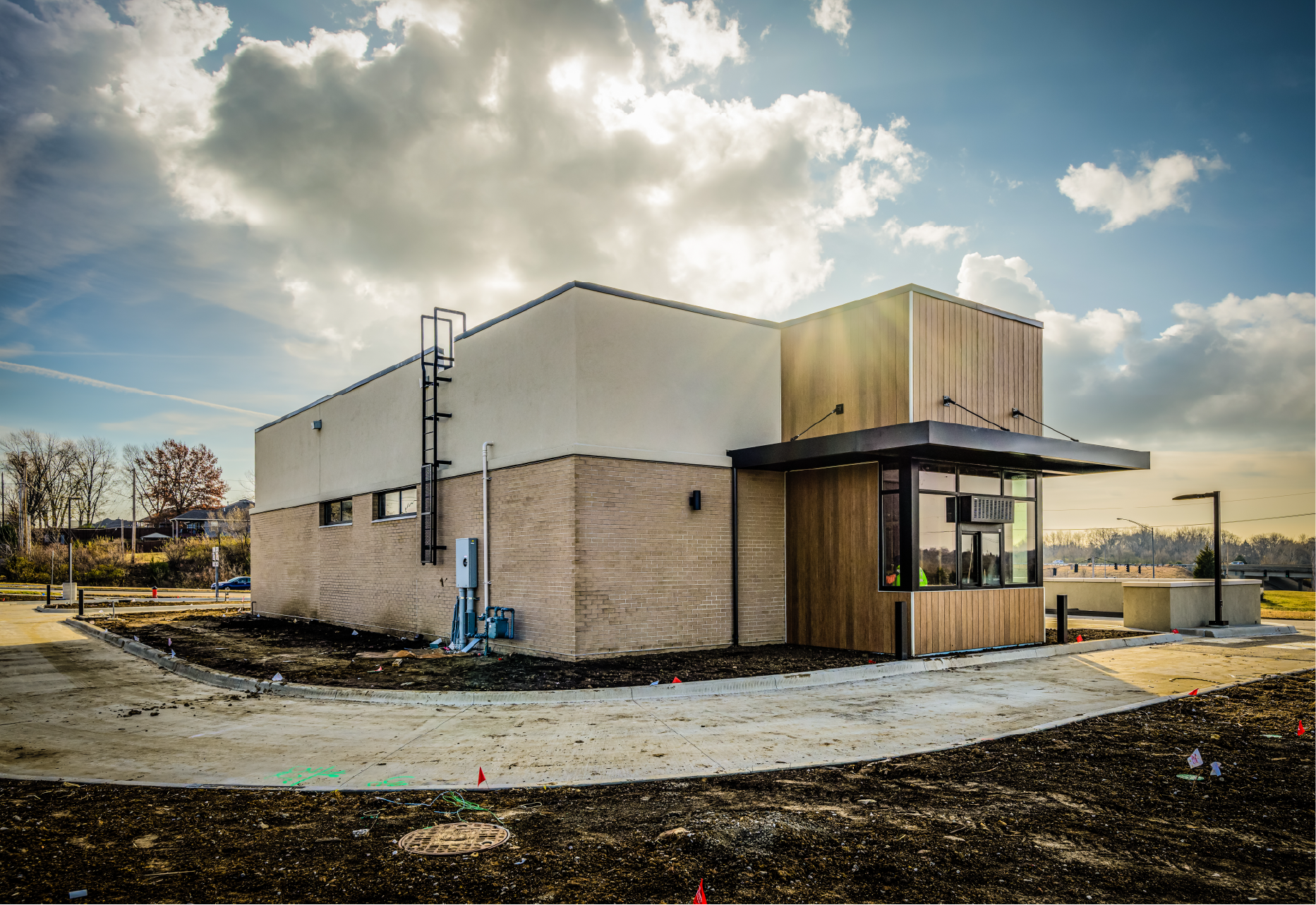
Commercial Property Management Series: Tenant Retention
Tenant Retention: The Key to a Successful Commercial Property
Retaining quality tenants is crucial for maximizing the return on your commercial real estate investments. High tenant turnover leads to lost income, increased marketing and advertising expenses, and time-consuming administrative tasks. As experts in the commercial real estate industry, York Properties, Inc. understands the importance of creating a positive and mutually beneficial relationship with tenants to foster long-term occupancy.
Strategies for Successful Tenant Retention:
- Proactive Communication: Regular communication with tenants is essential for building strong relationships and addressing concerns before they escalate. Implementing a system for routine check-ins, conducting satisfaction surveys, and providing multiple channels for communication, such as email, phone, and online portals, demonstrates your commitment to tenant satisfaction.
- Responsive Maintenance: Addressing maintenance requests quickly and efficiently is paramount for tenant satisfaction. A well-maintained property not only enhances the tenant experience but also protects your investment from costly repairs down the line. York can implement a system for tracking maintenance requests, dispatching qualified contractors, and providing timely updates to tenants on the status of their requests.
- Competitive Lease Renewals: Offering competitive lease renewal terms to existing tenants shows that you value their business and want them to stay. York’s brokerage division can leverage their market expertise and tenant relationships to negotiate lease renewals that benefit both parties.
- Fostering a Sense of Community: Creating a sense of community among tenants can contribute significantly to tenant retention. York can facilitate this by organizing tenant appreciation events, providing shared amenities, and creating opportunities for tenants to connect with each other.
- Leveraging Technology: Technology can play a significant role in tenant retention. Providing tenants with access to an online portal for rent payments, maintenance requests, and communication with property management can streamline operations and enhance the tenant experience. York’s use of property management software to track leases, monitor expenses, and generate reports ensures efficient operations and allows for proactive communication with tenants regarding critical dates.
By implementing these strategies, York Properties, Inc. can help you cultivate strong tenant relationships, reduce costly turnover, and maximize the return on your commercial real estate investments.


